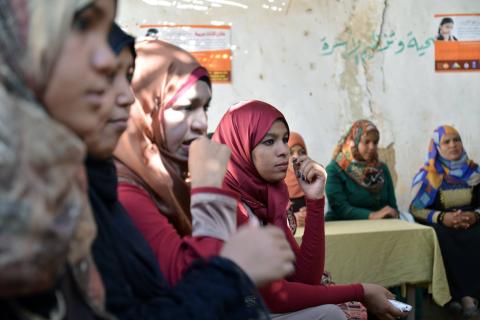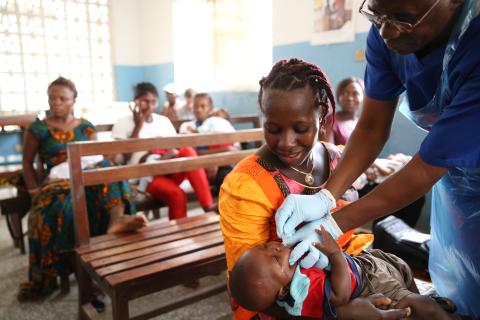UN DESA Policy Brief No. 178: Assessing group-based inequalities across the life course for a more inclusive world
While there has been progress in promoting opportunities for all since the 1990s, group-based inequalities persist, including during childhood. Gaps between groups are not closing fast enough; the goal of leaving no one behind is likely to remain out of reach by 2030. This brief illustrates how inequality in opportunity between different population groups can be quantified using existing household survey data, drawing on analysis conducted for the 2025 edition of the World Social Report.
UN DESA Policy Brief No. 167: Leveraging population trends for a more sustainable and inclusive future: Insights from World Population Prospects 2024
Understanding how population trends are likely to unfold in the short, medium and long terms is critical for achieving a more inclusive, prosperous and sustainable future. This policy brief provides an overview of some of the main findings of the World Population Prospects 2024: Summary of Results with the aim of helping countries prepare for population sizes, age structures and spatial distributions that may differ appreciably from those of their recent past.
UN DESA Policy Brief No. 161: On the path to an older population: Maximizing the benefits from the demographic dividend in the least developed countries
While many least developed countries (LDCs) are still experiencing persistently high fertility and rapid population growth, they have also begun to experience progressive population ageing. Preparing for population ageing in LDCs will be critical for achieving sustainable development and ensuring that no one is left behind. Maximizing the benefits from the demographic dividend will provide an opportunity for these countries to develop economically before their populations become much older.
 Welcome to the United Nations
Welcome to the United Nations


